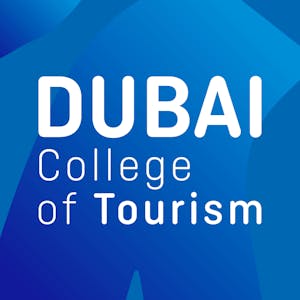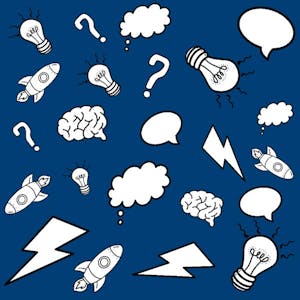Gen AI Foundational Models for NLP & Language Understanding
About this Course
This IBM course will teach you how to implement, train, and evaluate generative AI models for natural language processing (NLP). The course will help you acquire knowledge of NLP applications including document classification, language modeling, language translation, and fundamentals for building small and large language models. You will learn about converting words to features. You will understand one-hot encoding, bag-of-words, embedding, and embedding bags. You also will learn how Word2Vec embedding models are used for feature representation in text data. You will implement these capabilities using PyTorch. The course will teach you how to build, train, and optimize neural networks for document categorization. In addition, you will learn about the N-gram language model and sequence-to-sequence models. This course will help you evaluate the quality of generated text using metrics, such as BLEU. You will practice what you learn using Hands-on Labs and perform tasks such as implementing document classification using torchtext in PyTorch. You will gain the skills to build and train a simple language model with a neural network to generate text and integrate pre-trained embedding models, such as word2vec, for text analysis and classification. In addition, you will apply your new skills to develop sequence-to-sequence models in PyTorch and perform tasks such as language translation.Created by: IBM

Related Online Courses
The dilemma of the negotiator is a phenomenon that is derived from the tension that arises when, in the light of a specific situation, the optimum negotiation strategy must be discerned. The term... more
This specialization is intended for a broad audience seeking to learn about the field of archaeology. Through this four-course specialization, you will learn scientific methods, concepts, and... more
This introductory course explores the dynamic field of restaurant revenue management (RRM) and is designed for restaurant managers, supervisors, and other hospitality professionals seeking to... more
In this course, you will learn to think like a data scientist and ask questions of your data. You will use interactive features in MATLAB to extract subsets of data and to compute statistics on... more
This Creative Thinking specialisation consists of three courses, designed to enhance learners\' creativity skills by employing diverse brainstorming techniques, systematic creativity tools, and... more








